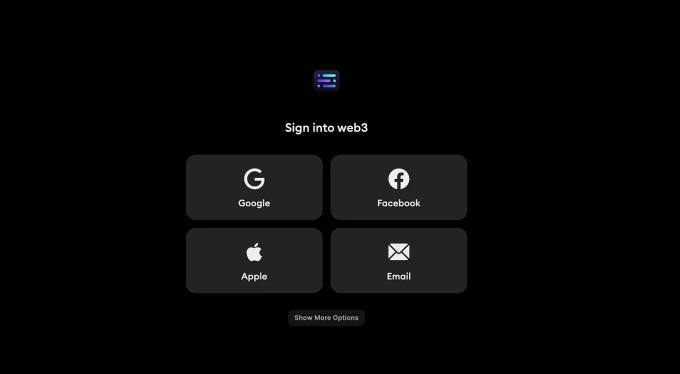Why web3 developers should implement smart contract wallets
December 16 2022
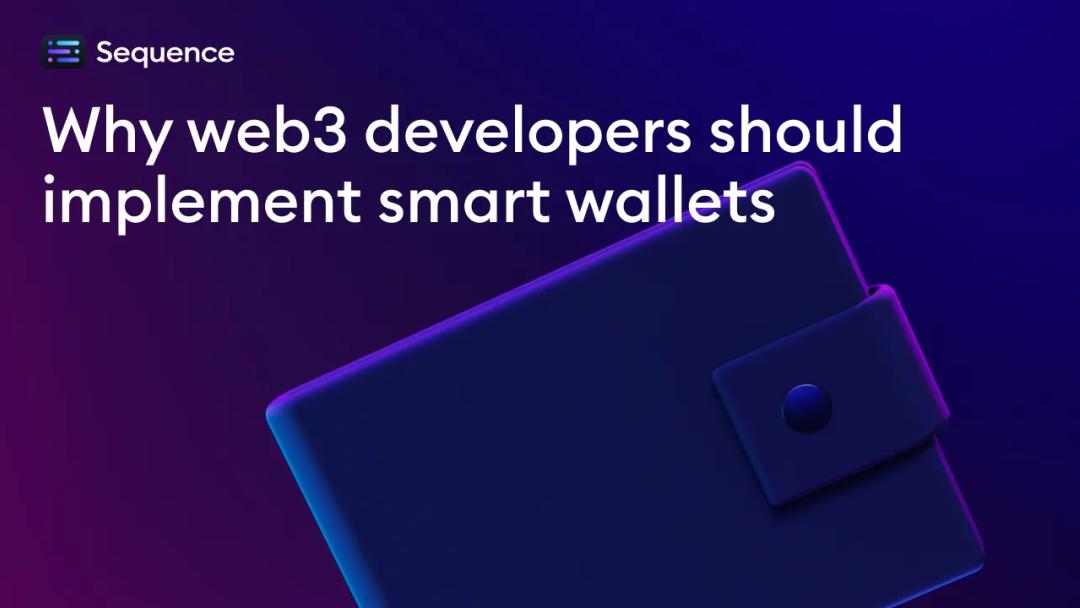
Smart contract wallets vs. externally owned accounts (EOAs)
Most wallets are externally owned accounts (EOAs) that are controlled by a user and accessed via a private key.
A smart contract wallet (a.k.a. smart wallet) is managed by the code in a smart contract rather than by a private key. This code enables advanced functionality for users, such as multisig security, key rotation, account recovery, transaction bundling, gasless transactions, social or email login and fiat-to-crypto onramps.
Let’s explore how smart wallets are emerging as a foundational consumer-facing web3 product that can accelerate mainstream adoption of tokenized assets and web3 applications.
If you would like to dive deeper into smart wallet functionality, check out the Sequence Wallet.
1. Better security for users
Because funds are stored in a smart contract, a smart contract wallet can be controlled by multiple keys — all while remaining non-custodial.
This multi-signature design allows keys to be added, removed and replaced. With EOAs, on the other hand, the private key is a single point of failure.
Decentralized two-factor authentication and social account recovery add additional layers of security to smart wallets.
Smart wallets also provide a pathway to quantum-safe cryptography in the future, without requiring users to migrate their funds to a new wallet.
2. Transaction bundling
Smart wallets can bundle multiple transactions into a single transaction, abstracting away the token approval process to allow for lower fees and a smoother user experience.
Users only need to perform a single click for cheaper gas and a streamlined experience, rather than undertaking a more complex and costly process to approve multiple transactions.
3. Zero fees for users
Transaction bundling saves on fees but smart contract wallets can also be programmed to enable gasless transactions.
Developers can sponsor transactions for their users, so that users will never have to pay gas fees to use their game or dapp.
4. Better user experience
With social or email login, users can create a smart contract wallet in just two clicks, without the need to download an app or use a seed phrase.
The option to access fiat-to-crypto onramps to buy crypto and NFTs with debit and credit cards makes purchasing digital assets simple and seamless and brings greater convenience to users.
Now start building
We’ve taken a quick look at the benefits of implementing smart contract wallets.
The Sequence Wallet has been developed to provide these benefits and much more.
Check out our Github or join our Discord to get help with implementing the Sequence Wallet in your web3 game or dapp.
Sequence makes building onchain simple. Developers and teams can launch, grow, and monetize apps with unified wallets, 1-click cross-chain transactions, and real-time data, all in a modular and secure stack. No more stitching together fragmented tools or battling poor user flows. Sequence is production-ready infrastructure that helps teams ship faster, onboard more users, and scale confidently. From chains and stablecoins to DeFi and gaming, Sequence powers developers and applications across the EVM ecosystem with billions in transaction volume and millions of users. Trusted by leaders in blockchain, Sequence powers today’s onchain apps and delivers future-proof infrastructure for tomorrow’s breakthroughs. Learn more at sequence.xyz.
Written by

Robert Guenette
Product Marketing DirectorRelated Posts
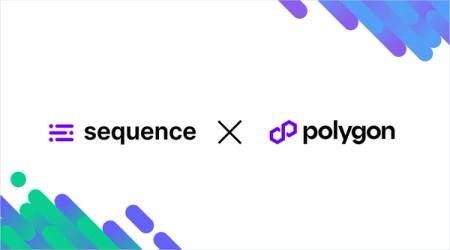
Today marks a major milestone: Polygon Labs is acquiring Sequence.

A short guide that explains exactly what gasless transactions are, and why they matter for your web3 experience.
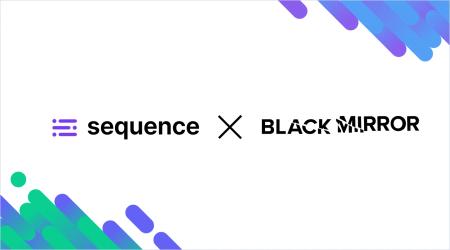
In partnership with KOR Protocol, Sequence and Msquared, Black Mirror's franchise has launched the $MIRROR token and a new web3 experience!
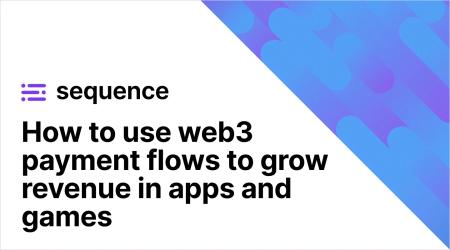
Web3 payment flows allow any app to embed onchain purchases and interactions in a way that feels natural for users. Learn more about them!
